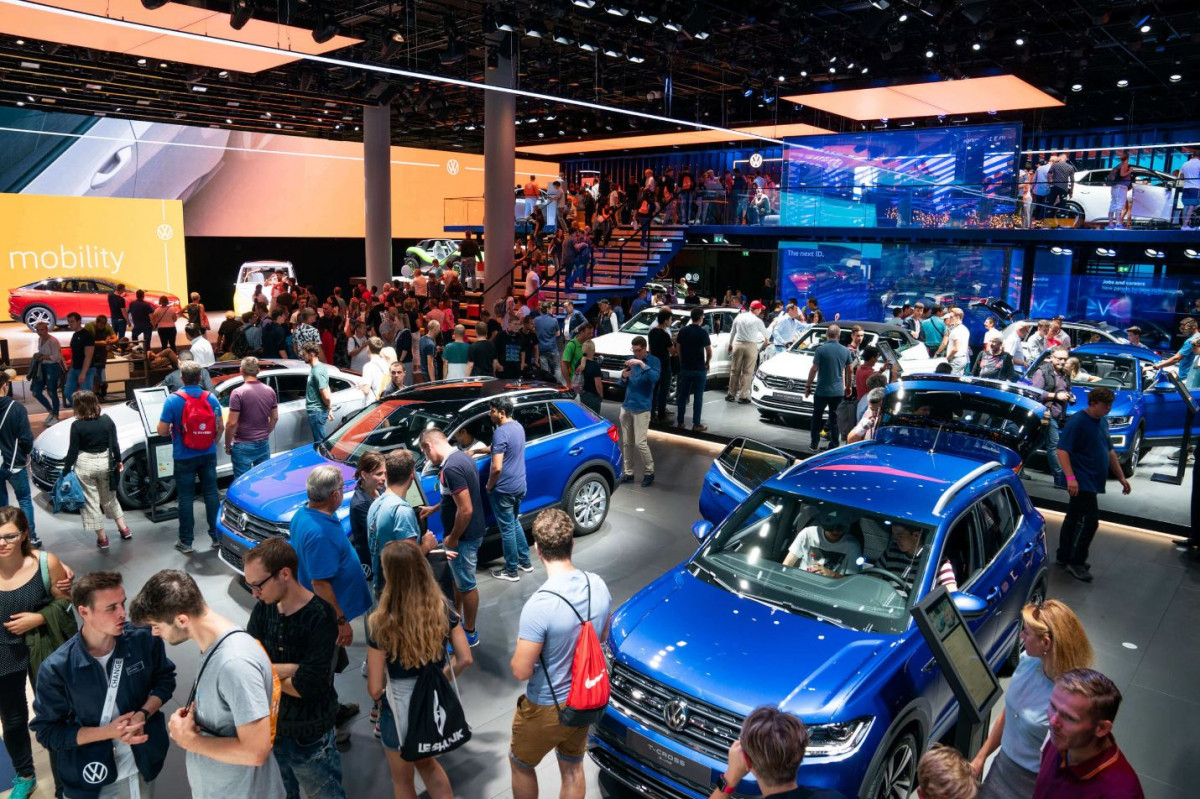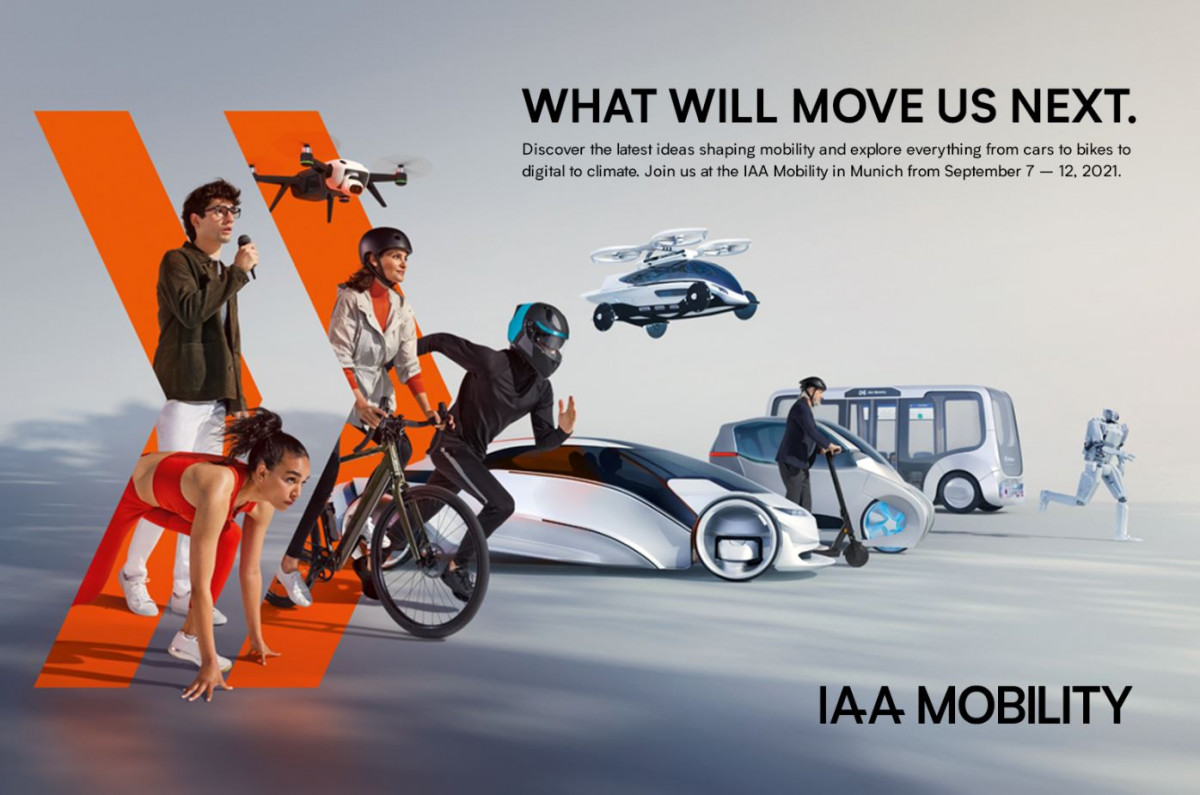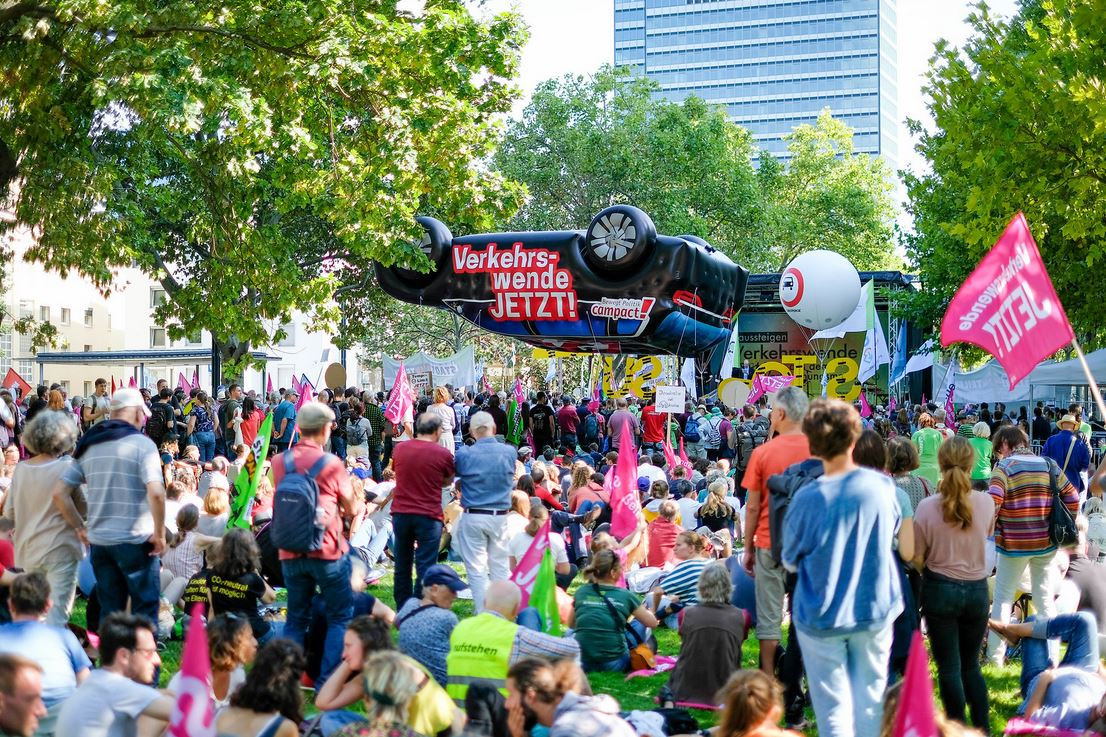Europe's largest auto show to look beyond cars but activists decry 'greenwashing'
Europe's largest car fair IAA will focus on green mobility instead of cars alone, but climate activists decry the move as "greenwashing" and plan to disrupt the "climate killer party". German car industry association VDA plans to host the event in Munich, where it has moved from its traditional location in Frankfurt as part of a reinvention, shortly before the country's general election in September.
"It is important that we as the automotive industry can show that we are ready for the mobility of tomorrow," said VDA managing director Jürgen Mindel, according to a report by Wolfgang Gomoll in Heise Online. "We will still see cars with combustion engines in Munich, but the clear focus is on the future of propulsion. On battery-electric mobility, plug-in hybrids and similar formats." With 50 bike exhibitors and bike test tracks, the fair is also the "biggest bike event in Europe," according to the lobby group.
The fight against climate change is one of the core issues in the German election campaign, and the shift to zero-emission mobility has emerged as one of the most controversial topics. The issue of introducing a general speed limit on Germany's autobahns has become a hot potato of the campaign, and in the background looms the big question of whether Germany should introduce a phase-out date for the sale of combustion engine cars. The transition to green mobility is particularly sensitive in Germany because more than 800,000 manufacturing jobs directly depend on the car industry. The country is home to global car brands Volkswagen, Audi, Porsche, Mercedes-Benz and BMW, which have been slow to embrace the shift to electric mobility and continue to depend on the sale of horsepower-proud combustion engine cars to make money.
"Last opportunity" to prove green credentials
German chancellor Angela Merkel will attend the official opening on 7 September, underlining the political relevance of the show. The IAA is "the car industry's last opportunity before the federal elections on 26 September to demonstrate to the public and politicians that it not only takes climate protection seriously, but is also already on its way to the era of not only emission-free, but also smart mobility," writes Franz Rother in mobility magazine Edison.
Christian Hummel, head of the business consulting agency Capgemini Invent, said the IAA had increasingly lost touch with wider society and needed to reinvent itself to stay relevant. "It must be about picking up on socially relevant trends as well and presenting mobility trends of tomorrow to the general public to arouse interest," he told Heise Online.
Activists announce disruptions to highlight "destructive business model"
Climate action alliance "Spanner in the works" (Sand im Getriebe) has already announced it will disrupt what it calls a "climate killer party," arguing the car industry is trying to conceal its "destructive business model of 'Faster. Bigger. More and more'" behind greenwashing instead of advancing a real mobility transition that is socially just and protects the climate. The last IAA car show in Frankfurt two years ago was also accompanied by the activist group's climate protests denouncing the industry's business model.
Germany has been struggling to lower emissions in the transport sector, which have remained broadly stable for decades as gains from more efficient engines have been eaten up by heavier cars.




